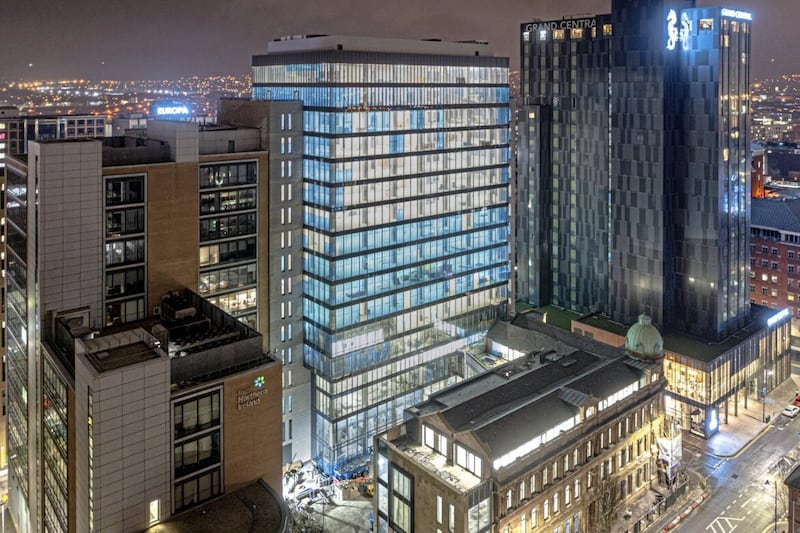AS we notice the days getting longer and the threat from the pandemic receding, economic output has surged back to life, which has resulted in soaring energy and food costs, and as a consequence rising inflation.
Official figures in the UK show that inflation jumped to 5.4 per cent in December, which is the highest rate since March 1992. There is also little sign of inflation reducing in the short term. If we look across the pond to the USA, where inflation in January was 7.5 per cent, it feels like we have some way to go before inflation rates reduce to the Bank of England’s target level of 2 per cent.
As a direct result of inflationary pressures, we saw the Bank of England increase interest rates from 0.01 per cent to 0.25 per cent in December, and now in February to 0.5 per cent. Whilst interest rates are still at an all-time low, the concern is that with inflationary pressure continuing at pace, the Bank of England will resort to increasing interest rates further as it is one of the few tools it has to help curb inflation. Most commentators expect further interest rate rises, with markets predicting that rates will reach 1-1.5 per cent by the end of the year.
So how will this new inflationary environment affect the property markets? Firstly, it is important to point out that many commercial property investors and developers are using much less debt than they were prior to the property crash of 2007/8, so interest rates of up to 1.5 per cent will not be a significant deterrent to investment.
Commercial property prices are also fundamentally driven by market demand in various sectors, with logistics being the star performer and the rebalancing of retail values continuing at speed. In the short term, it is therefore unlikely that modest increases in borrowing costs will affect prices, and similarly unless there is sustained inflationary pressure over a 2 or 3 year period it is also unlikely that we will see a significant shift in values in the short term.
In terms of the residential market, increasing energy and food costs will cause potential purchasers to carefully consider making long term property commitments, with many choosing to fix interest rates in the expectation that rates will rise further.
The dynamic in the housing market in Northern Ireland is however still dominated by lack of supply and if this equilibrium continues, the outlook for the residential property market remains strong and we would expect that modest price growth will continue.
As with all predictions, caveats are required. Interest rates and inflation are affected by numerous factors, not least the current political instability in Ukraine, and of course we should not forget the potentially damaging effects of further variants of Covid 19.
On a local level, we are also entering a period of political instability with issues surrounding the Protocol and new elections on the horizon.
A combination of changing geopolitical, national, and local issues could dramatically alter economic activity, which is the fundamental driver of all property values.
:: Declan Flynn is managing director of Lisney (www.lisney.com)









